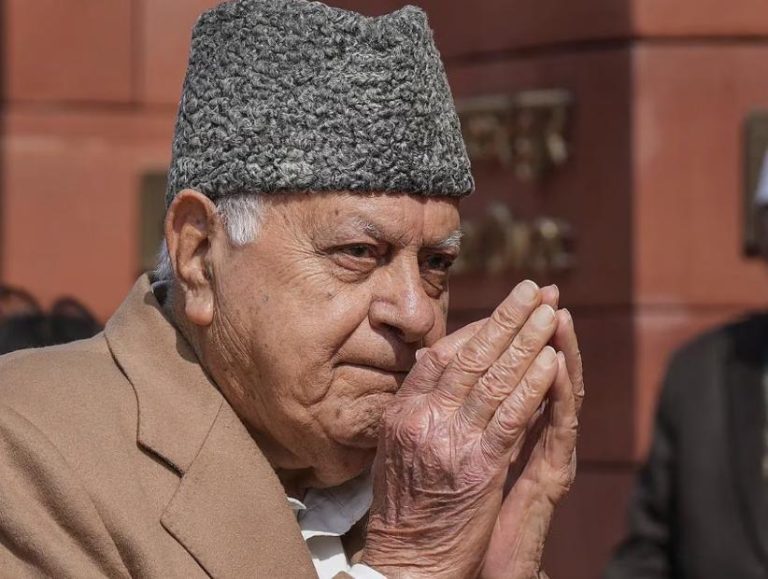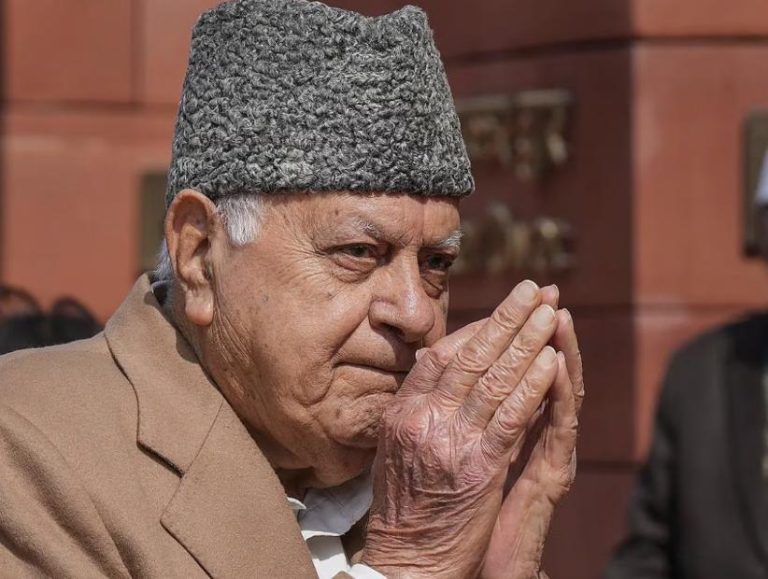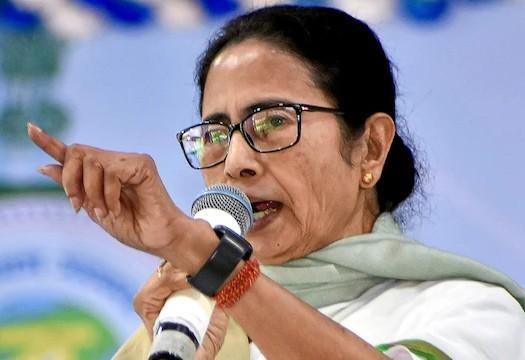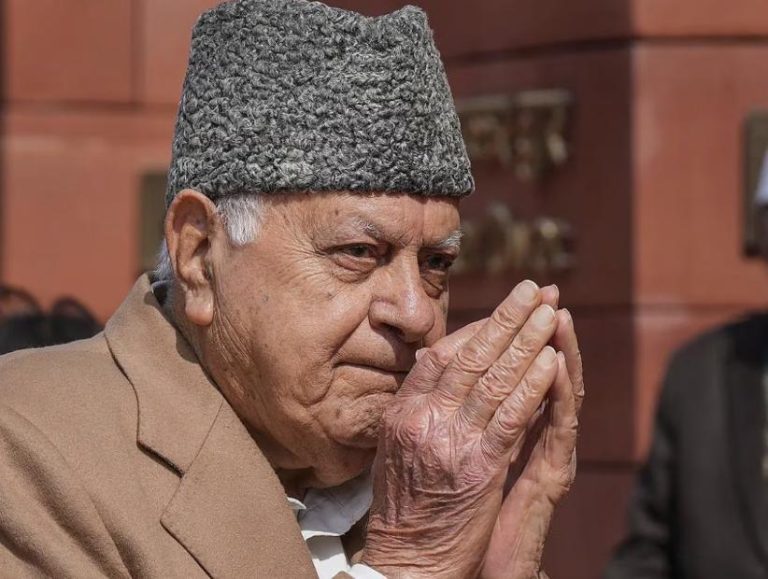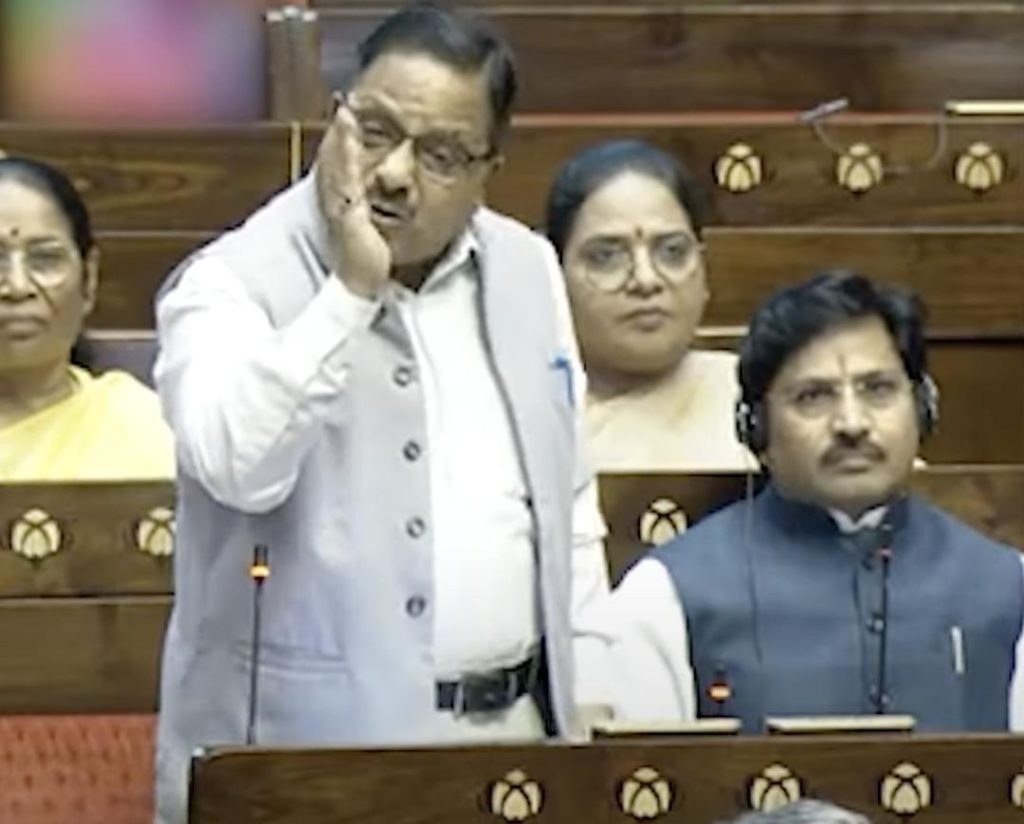
Should I Read Quran and Tell You What’s Written in It: BJP MP Radha Mohan Das on Waqf Bill
In a recent development, the Waqf Bill was brought to the floor of the Indian Parliament for discussion. The bill aims to reform the Waqf Board, which manages religious properties and institutions. During the discussion, BJP MP Radha Mohan Das sparked controversy by asking if he should read the Quran and share what’s written in it. His statement has left many wondering about the intent behind his words and what exactly he was trying to convey.
For those who may not be familiar with the context, the Waqf Board is responsible for managing properties and institutions that are considered holy and sacred in Islam. The Waqf Bill aims to reform the board and bring transparency to its functioning. The board has been accused of mismanagement and corruption in the past, leading to the need for reform.
Radha Mohan Das, in his statement, pointed out that the Quran emphasizes the importance of keeping written records. He seemed to be questioning how the Waqf Board could have accumulated so many properties without maintaining proper records. His statement was an attempt to highlight the lack of transparency in the board’s functioning.
Das said, “The Quran says that even if one rupee is given to anyone, there should be a written record…And you say you have so many properties without a record.” His statement was met with opposition from some members of the opposition party, who claimed that it was an attempt to disrespect the Quran and Islam.
It is essential to understand the context and intent behind Radha Mohan Das’s statement. As a member of the parliament, it is his duty to scrutinize the functioning of the Waqf Board and ensure that it is transparent and accountable. By highlighting the lack of records, Das is simply pointing out the need for reform and ensuring that the board is held accountable for its actions.
Moreover, his statement does not intend to disrespect the Quran or Islam. Rather, it is an attempt to understand the teachings of the Quran and apply them in a practical manner. The Quran does emphasize the importance of keeping written records, and Das is simply using this point to highlight the need for transparency in the Waqf Board’s functioning.
In conclusion, Radha Mohan Das’s statement was a legitimate attempt to highlight the need for reform in the Waqf Board’s functioning. Rather than being an attempt to disrespect the Quran or Islam, his statement was an attempt to understand and apply the teachings of the Quran in a practical manner. It is essential to approach the issue with an open mind and avoid misinterpreting the intent behind Das’s statement.
Source:
Note: The news source is a YouTube video link, which may not be available for public viewing. The source may be a news article or a video clip from a reputable news outlet.
